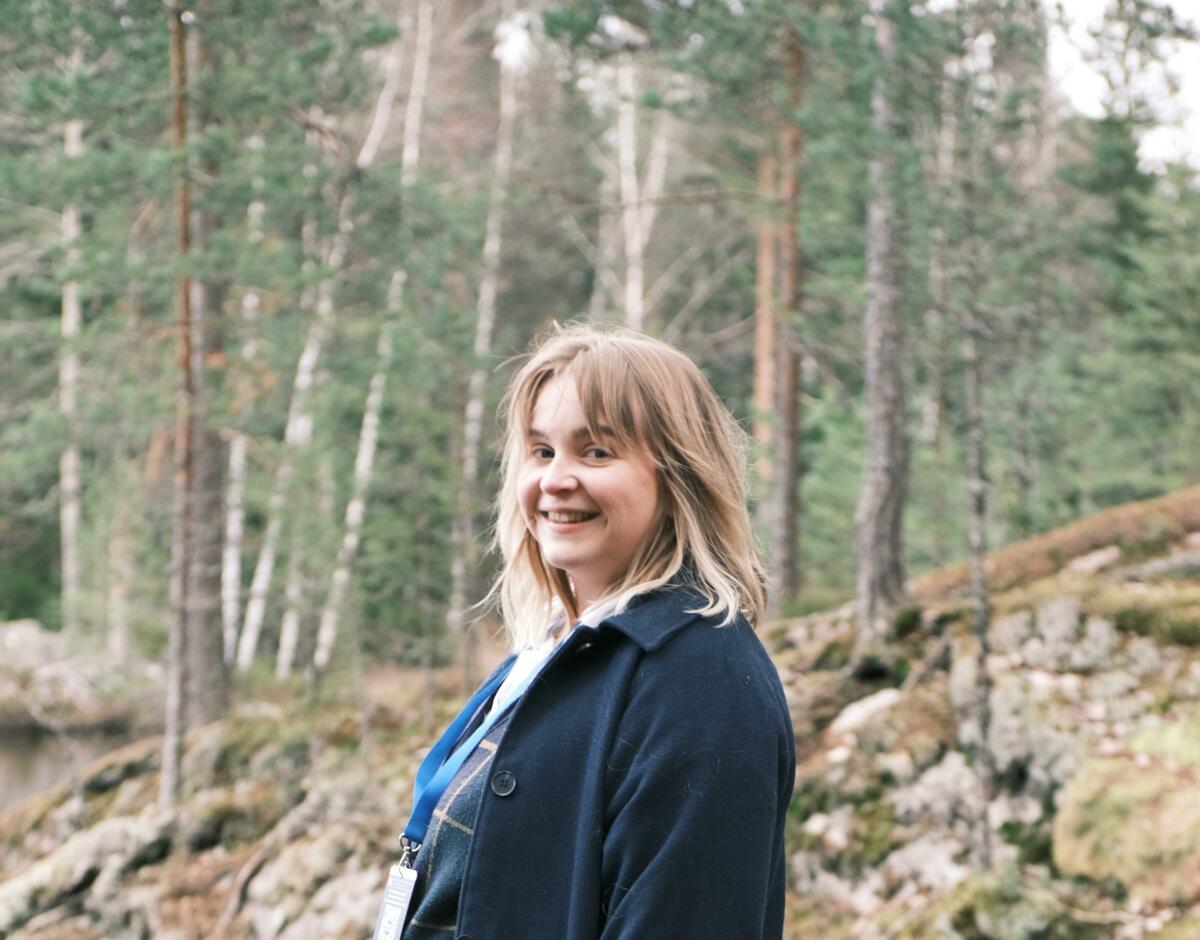Growth requires reflection
The quality management system of the Uniarts Helsinki will be audited in the spring of 2024. In this blog series, quality management, the quality system, and its auditing are introduced.

How does the university create competence, Viivi Tigerstedt, the former chairperson of the student union’s board?
Uniarts Helsinki has a unique position both in the Finnish higher education community and in the professional cultural sector. Possessing a university education monopoly in the arts entails not only power and responsibility but also a tremendous amount of potential, and in order to claim this potential, we need to commit to bold work from the ground up, continuous assessment of daily routines and acting as a genuine forerunner.
Providing university-level education in the arts is very demanding in practice. The way teaching is organised differs from the usual everyday academic life due to its intense use of various resources, and there are certain expectations and assumptions aimed at being an artist in society, which both students and teaching staff wrestle with constantly. The special characteristics of higher education in the arts and working professionally in the field are phenomena that are difficult to change altogether within the context of Uniarts Helsinki. However, Uniarts Helsinki can develop the collective operating culture and take the special characteristics into consideration; when developing education, it’s central to recognise the challenges and phenomena that will form the basis of university structures in the future. When organising high-quality higher education in the arts, we can’t become stupefied ahead of challenges but instead establish support structures that help us deal with these phenomena.
Future curricula must have enough room for interpretation and have enough looseness so that there is enough space for artistic growth (and for personal growth, which goes hand in hand with artistic growth) from the very beginning. Flexibility in planning studies supports individual development, adds safety and improves the ability to react quickly if there are changes in our work environment. During the time it takes to complete a degree, the world has time to transform itself multiple times, so when we build individual study paths, we must be prepared to make adjustments along the way.
Educational contents must, in fact, meet the needs of today’s world. The Uniarts Helsinki of the future will train competent artists who can engage in multidisciplinary cooperation and adapt to the changing work environment. Many study units can leave room for career skills; entrepreneurship, marketing and cooperation and networking skills can be learned within one’s own frame of reference, and they can be integrated into studies in the major subject, for example. There must be room for education in general life skills, too, in the content of studies.
At Uniarts Helsinki, where studies require an enormous amount of a student’s waking hours, we must support the community’s learning of time and life management skills. It’s not sustainable to make weekends, evenings or holidays busy with teaching if we don’t include the learning of skills to cope with busy schedules and heavy workloads in our compulsory studies. In an uncertain world, above all, we need confident and convincing artists; to grow into such an artist, one must learn to know oneself, too.
Teaching and research staff plays a central role in the implementation and planning of daily activities. There are hundreds of extremely professional and successful professors, lecturers and hourly-paid teachers working at Uniarts Helsinki, and through their everyday life, they set an example on how to work professionally in their respective fields.
Teaching by setting an example has tremendous value in a field of study that historically has been characterised by strict, uncompromising pedagogy. The master-apprentice-like relationship represents the old days, while the modern era emphasises collegiality and cooperation between different artist generations, which students can be encouraged to engage in already during their university studies. Questioning unnecessary and old-fashioned practices clears the path towards visionary structures, which is exactly the task of a trailblazer university.
Being a forerunner means the bold elimination of detrimental structures and the development of new, more functional practices. Examining our operating culture and re-assessing our existing structures is the key to ensuring that Uniarts Helsinki remains a sought-after and safe place of studies also in the future. The Uniarts Helsinki community must be encouraged to assess itself; what constitutes an operating culture that we can proudly say to represent the highest education in the arts in Finland?
Puheenvuoroja taiteesta ja yhteiskunnasta
Tässä blogissa yhteisömme jäsenet nostavat esiin ajankohtaisia aiheita taidekentältä ja yhteiskunnasta.
Uusimmat julkaisut
-
Sensovalmennus ja yksilöllinen kehonhallinta muusikon työssä
-
The most important task for the artist of the future is to remain an artist
Seuraa blogia